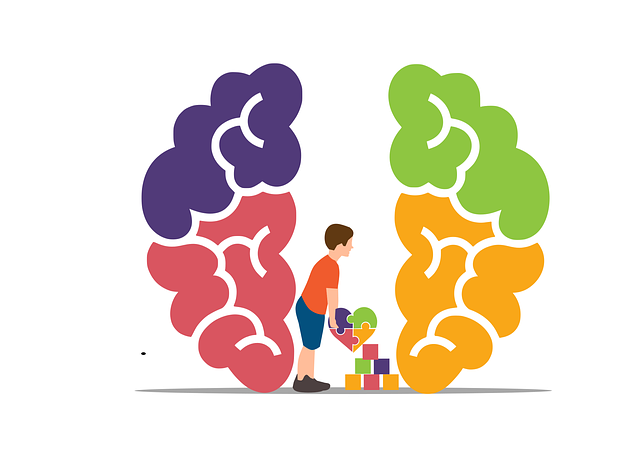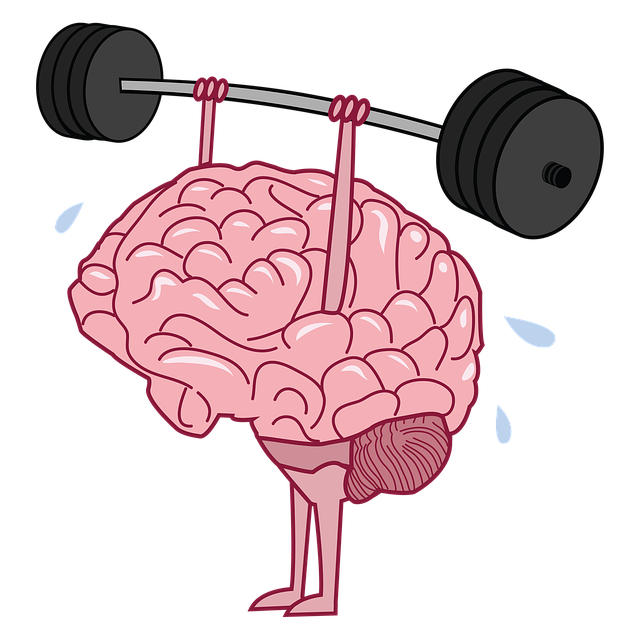Crisis intervention strategies rely on Superior Independent Medical Evaluations (SIMEs) and therapy for immediate support and long-term recovery. IMEs provide unbiased mental health assessments, aiding in accurate diagnoses and tailored treatment plans. SIMEs offer comprehensive insights, enhancing therapeutic processes and patient outcomes. By integrating assessment findings with self-care practices and education, professionals empower individuals to actively manage their mental health, fostering resilience and reducing stigma through evidence-based therapy interventions.
In times of crisis, effective intervention can make a significant difference. This article provides a comprehensive guide on crisis intervention strategies, focusing on the critical role of Superior Independent Medical Evaluations (SIMEs) in therapy. We explore essential aspects such as understanding crisis intervention, the process of SIMEs, best practices for assessments, and integrating findings into treatment plans. Additionally, we highlight evidence-based practices that enhance crisis intervention techniques in therapeutic settings.
- Understanding Crisis Intervention: A Brief Overview
- The Role of Independent Medical Evaluations in Therapy
- Strategies for Conducting Superior Assessments
- Integrating Assessment Findings into Treatment Plans
- Enhancing Crisis Intervention with Evidence-Based Practices
Understanding Crisis Intervention: A Brief Overview

Crisis intervention strategies are vital tools designed to provide immediate support and guidance during moments of intense distress or trauma. Understanding crisis intervention involves recognizing its purpose: to help individuals navigate through crises, offering a temporary reprieve from overwhelming situations. This process often includes a series of structured steps aimed at de-escalating the individual and fostering resilience.
In the context of mental illness stigma reduction efforts, superior independent medical evaluations play a crucial role in unbiased assessment and diagnosis. Therapy, another key component, aids individuals in processing their experiences, developing coping mechanisms, and enhancing self-awareness exercises. By addressing underlying issues, crisis intervention strategies not only provide immediate relief but also contribute to long-term burnout prevention, empowering individuals to manage future challenges effectively.
The Role of Independent Medical Evaluations in Therapy

Independent Medical Evaluations (IMEs) play a pivotal role in crisis intervention strategies, offering a comprehensive and unbiased assessment of an individual’s mental health status. These evaluations are particularly crucial when individuals present with acute crises or complex psychological issues that may be obscured by stigma or subjective reporting. IMEs provide a superior tool for professionals to gather objective data, ensuring accurate diagnoses and tailored treatment plans. By separating medical facts from potential biases, these assessments foster an environment of trust and support, which is essential for encouraging open communication about sensitive topics like mental illness.
Beyond their practical application in therapy, IMEs contribute significantly to mental health awareness and stigma reduction efforts. They help destigmatize mental illness by presenting clinical evidence that challenges societal misconceptions. By providing a clear picture of an individual’s mental wellness or illness, IMEs empower professionals and loved ones alike to offer informed support, fostering a culture of understanding and empathy.
Strategies for Conducting Superior Assessments

Integrating Assessment Findings into Treatment Plans

Effective crisis intervention strategies heavily rely on integrating assessment findings into treatment plans. Following a comprehensive Superior Independent Medical Evaluation (SIME), therapists can tailor interventions to address specific client needs. This approach ensures that treatment aligns with accurate and up-to-date information, enhancing the potential for positive outcomes.
By incorporating self-care practices, self-awareness exercises, and mental wellness journaling exercise guidance into treatment plans, therapists empower clients to take an active role in their recovery. These strategies not only complement professional therapy but also foster ongoing resilience and self-regulation, contributing to improved long-term mental health and well-being.
Enhancing Crisis Intervention with Evidence-Based Practices

In today’s digital era, crisis intervention strategies have evolved to incorporate evidence-based practices that significantly enhance the effectiveness of support systems. One such crucial element is the integration of Superior Independent Medical Evaluations (SIMEs). These evaluations provide an objective and comprehensive assessment of an individual’s mental wellness and emotional regulation capabilities, serving as a cornerstone for tailored interventions. By combining SIMEs with advanced therapy techniques, professionals can offer more precise and impactful support.
Moreover, Mental Health Education Programs Design plays a pivotal role in crisis intervention by empowering individuals to proactively manage their mental health. Equipping folks with the knowledge and skills to recognize and mitigate potential crises is a game-changer. This proactive approach, coupled with evidence-based practices, ensures that crisis intervention becomes not just a reactive measure but a comprehensive strategy fostering better emotional regulation and overall mental wellness.
In conclusion, effective crisis intervention strategies rely on a comprehensive understanding of the individual’s needs, as highlighted by superior independent medical evaluations in therapy. By integrating assessment findings into treatment plans and adopting evidence-based practices, mental health professionals can enhance their ability to provide timely and tailored support during times of crisis. These strategies not only ensure better patient outcomes but also foster a more resilient and supportive environment.










